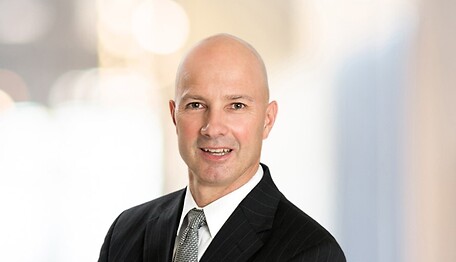White and Williams Secures Affirmation of Summary Judgment Based on Ohio’s Causation Standard For Asbestos Cases
On July 22, 2019, the Delaware Supreme Court affirmed the grant of summary judgment in favor of a major automotive manufacturer in a mesothelioma case.
Plaintiffs in their complaint, which invoked the application of Ohio law, alleged that the automotive manufacturer was negligent and strictly liable for failing to warn the deceased of the alleged dangers posed by the use of its asbestos-containing products and that the exposure from this automotive manufacturer’s products caused his disease and subsequent death. To show that products manufactured by this defendant substantially caused Plaintiff’s mesothelioma under Ohio law, Plaintiffs offered an expert report relying exclusively on the “cumulative exposure” theory. However, after Appellants produced that report, the Ohio Supreme Court categorically rejected the “cumulative exposure” theory of causation in Schwartz v. Honeywell International, Inc., 102 N.E.3d 477 (Ohio 2018). Despite Schwartz rendering their causation expert’s report obsolete, Plaintiffs chose not to supplement their expert report before the deadline for expert reports passed and instead incorrectly argued that the Ohio asbestos causation statute and the Schwartz decision did not require any expert report.
The Superior Court granted the automotive manufacturer’s motion for summary judgment on the basis that Plaintiffs lacked sufficient causation evidence under Ohio law to make out a prima facie case. After entry of summary judgment, Plaintiffs requested the Superior Court to set aside its summary judgment order and sought leave to belatedly supplement their expert report. The Superior Court, in properly denying the post-summary judgment motion, found that Plaintiffs had failed to show “good cause” or “excusable neglect” for why they waited until after the court’s summary judgment ruling to seek leave to update their expert reports.
Plaintiffs appealed to the Delaware Supreme Court, challenging the Superior Court’s grant of summary judgment and denial of its post-summary judgment motion. After briefing and oral argument, the Delaware Supreme Court affirmed the trial court’s ruling, finding that under Ohio law expert medical evidence on specific causation must be offered by plaintiffs in order to avoid summary judgment. The Court further found that the Superior Court did not abuse its discretion in denying Plaintiffs’ post summary judgment motion since the lower court’s denial was based on the reasonable thought that Plaintiffs could have sought leave to supplement their expert report before the court’s summary judgment decision, and instead were content to defend the motion without a supplemental expert report.
White and Williams Partners Christian Singewald and Rochelle Gumapac represented the automotive manufacturer in the Superior Court below and were part of the Appellate Team in the Delaware Supreme Court.
PRACTICE AREAS
Practice Areas
KEY ATTORNEYS
-
Partner
-
Partner


